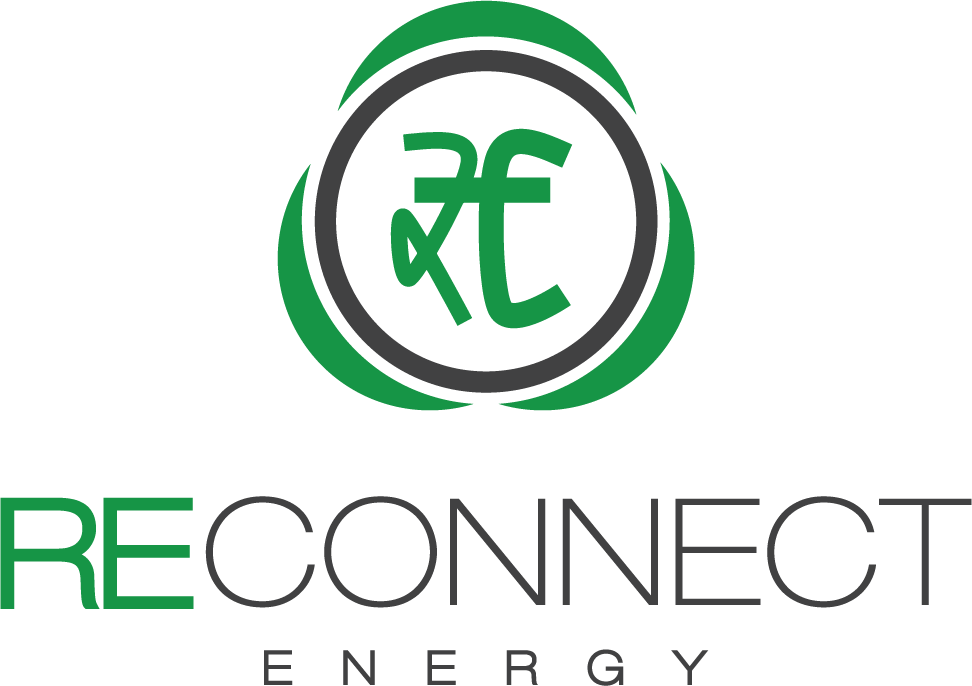Tamil Nadu announces it Solar Policy
After Andhra Pradesh, Tamil Nadu also announced its Solar Policy last week . The policy aims to achieve an ambitious target of 3000 MW by 2015 in phased manner with capacity addition of
- 1500 MW from utility scale projects
- 350 MW from roof top installations
- 1150 MW under REC mechanism.
The utility scale projects are also expected to be developed through competitive bidding process.
1000 MW out of 1500 MW utility scale capacity to be funded by Solar Purchase Obligation (SPO) which is 3% till Dec’13 and scaled up to 6% from Jan’14 and balance 500 MW through Generation based incentive (GBI) by the government. SPO is applicable on all HT Consumers (HT Tariff I to V) & LT Commercial (LT Tariff V). Domestic consumers, huts, cottage & tiny industries, power looms, LT industrial consumers and Agricultural Consumers are exempted from SPO.
On the other hand TNERC also has specified 0.05% of Solar RPO. With state policy in effect, there will be dual RPO imposed on HT and LT Commercial consumers. The state commission might have to realign the Solar RPO to align the RPO structure to meet the policy objective.
The key difference from other states’s solar policy is the Net-Metering arrangements where power producers have to install a separate meter to measure their generation and feed excess power to grid for roof top projects. The current REC policy recognises only grid connected RE projects under REC. With Net Metering, even small scale roof-top solar projects can participate into REC. The GBI being offered is Rs. 2/kWh for first two years, Rs. 1/kWh for the next two years and Rs. 0.5/kWh for the subsequent two years. All new government/local buildings shall necessarily install solar rooftop.
Other initiatives and exemptions:
- Solar water heating systems mandatory for Public Buildings and Industries using hot water boiler/steam boiler using fossil fuels.
- Wheeling & Banking Charges applicable as per TNERC orders.
- Exemption of Electricity Duty for 5 years for using solar power from projects of self consumption/sale to utility.
- Tax Concessions as per TN Industrial policy.
- TEDA designated as single window clearance agency who would be coordinating power evacuation approval, approvals related with connectivity to substation, approvals from pollution control board etc.
- Empowered committee to accord project clearances.
Contributed by Nalin Deshpande

